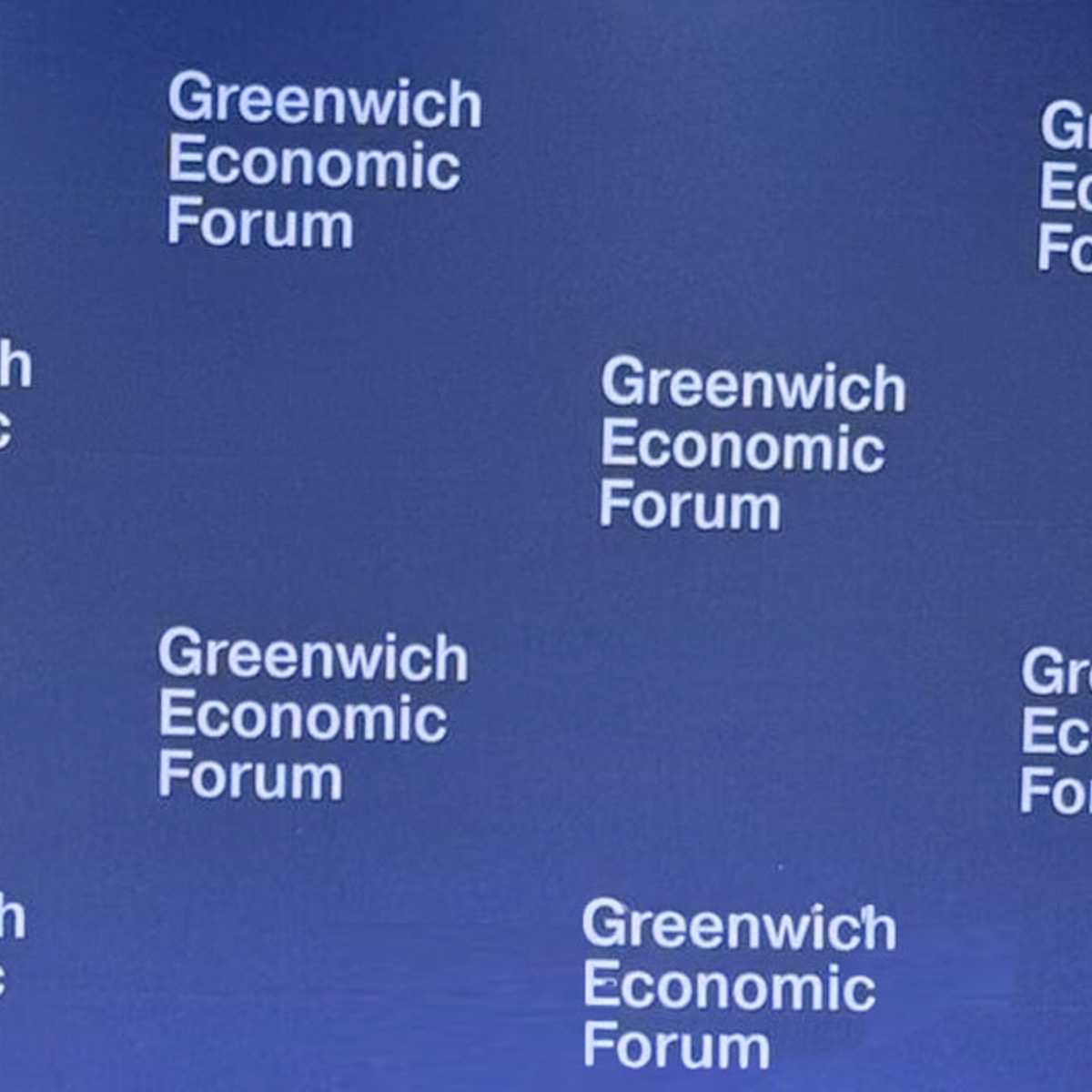Last week, leaders from across the financial world gathered at the eighth annual Greenwich Economic Forum to discuss the state of the global economy, as well as the risks and opportunities investors face amid a rapidly evolving macroeconomic landscape.
With topics ranging from monetary policy to artificial intelligence (AI), to geopolitics, the forum made it clear: we are at a pivotal moment—not just for finance, but for the global economy.
Below are 10 key takeaways:
- The New China: A panel featuring APCO’s Founder and Executive Chairman Margery Kraus and Chairman of APCO’s Greater China Region James McGregor explored the shifting U.S.-China relationship. Despite economic challenges, China is expanding its influence in the Global South and is pivoting toward sectors of the future such as AI, drug development and electric vehicles. While Washington is divided on most issues, a tough stance on China remains a rare point of bipartisan consensus, meaning investors should brace for continued uncertainty as both nations work to strike a balance between competition and cooperation.
- Geopolitical Risk is Now Financial Risk: Beyond China, geopolitics was a major theme at the forum, as ongoing conflicts, tariff uncertainty, supply chain reorientation and a weakening U.S. dollar are reshaping investment strategies. Investors are rethinking their U.S. allocations amid global fragmentation and policy unpredictability. As one panelist noted, we may be facing the “most dangerous period for short-term economic and geopolitical risk.” Geopolitics has now become integral to risk management in investment decisions and portfolio construction.
- AI: The Good, the Bad and the Unknown: It’s still early for AI and much remains uncertain. While the disruptive potential of AI is enormous, it brings with it significant volatility and ever-shifting market dynamics. To manage this uncertainty, investors should diversify, manage risk thoughtfully and remain agile—adapting strategies as the AI landscape continues to evolve.
- Is a U.S. Bubble Brewing? Despite growing risks, U.S. financial markets remain buoyant, causing many to wonder if markets are out of sync with reality and if we are in a moment similar to the 2000 dot-com bubble. While it is impossible to know if we are in an asset bubble, the concentration of U.S. stocks—particularly technology stocks—within major global equity indices is historically high, meaning that a correction would have significant implications for global investors.
- Expect More Government Intervention in the Private Sector: The Trump administration made headlines earlier this year for its significant interventions in the private sector, most notably when the U.S. government acquired a 10% stake in Intel and required chipmakers to remit 15% of revenue from advanced AI chip sales from China to the U.S. government. Investors should expect emerging market governments to replicate this approach, which could increase investment risk in certain countries.
- Commodities as a Potential Hedge Against the Monetary System: Crypto, gold and other commodities have posted remarkable gains this year as the U.S. dollar has weakened. It remains an open question whether these gains stem from the true value of these assets or if they are signaling deeper investor mistrust in the monetary system amid inflation, elevated interest rates and tariffs—and whether increased allocations to commodities serve as a hedge against our monetary system. Fittingly, the price of gold reached an all-time high during the forum.
- A Lean Moment for Private Equity: Private equity has experienced unprecedented growth in the past decade. However, the industry faces headwinds due to ongoing deal gridlock, fundraising challenges and frustrated limited partners due to little capital being returned in recent years. Listed private equity firms face additional challenges as they must please public shareholders, adding pressure to generate returns—and potentially take greater risks.
- The Rise of Alts: Alternative assets (alts) are increasingly prominent in institutional portfolios, with infrastructure—especially the development of data centers to support the AI boom—standing out as a major theme. Expect alts to remain a major part of portfolio construction as investors seek to diversify amid uncertainty.
- The Retail Phenomenon is Real: Efforts to provide retail investors with access to private equity investments are accelerating, driven by regulatory changes and technological advancements. Advocates point to this as an opportunity to democratize access to private markets and expand the range of available asset classes, while critics worry about risk management and adequate protections for everyday investors.
- Africa: The Demographic Opportunity: Frequently overlooked by investors, Africa represents a powerful demographic opportunity for the future. By 2050, one in four people on the planet will be African, underscoring the continent’s growing significance in global commerce.
The forum highlights the increasing complexity of the global financial landscape, shaped by geopolitical tensions, technological change and evolving investment strategies. In this uncertain environment, investors must remain agile and informed to successfully identify opportunities and manage risks.
